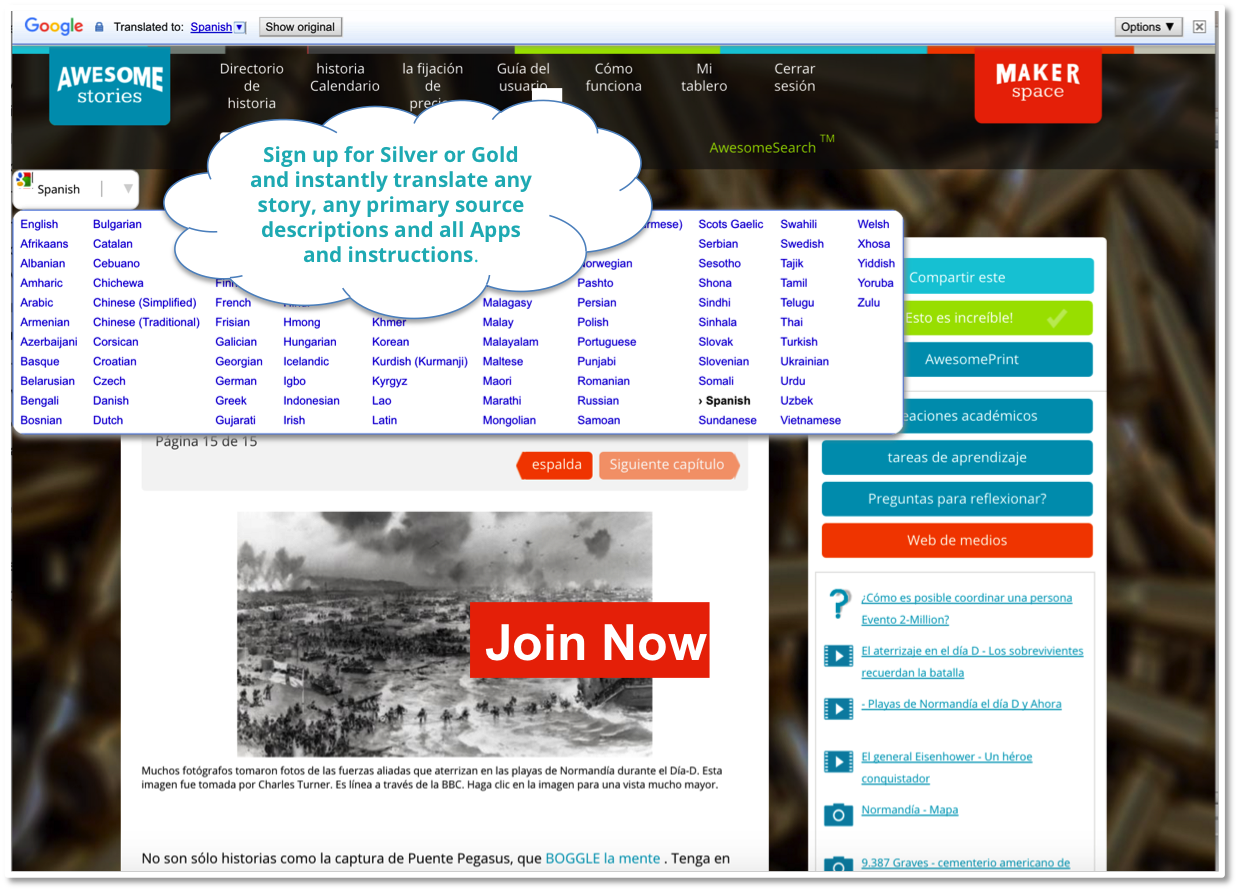Time, as Einstein viewed it, is like a river which can speed-up or slow-down. That was truly revolutionary thinking.
Everyone else in the world believed that time was the one thing which remained constant. How could a ticking of the clock ever vary, yet be accurate? But for Einstein, the one thing that was always constant was the speed of light. That meant everything else - including time - was relative.
Two months after publishing his paper, on this theory of special relativity, Einstein linked energy and matter in his famous equation E=mc2. That was also revolutionary because no one, at the time, conceptually linked energy with matter.
Energy, on the one hand, was a nebulous concept. What, in the world, did it have to do with matter - the “stuff” with which a physical object is composed? Yet it was that theory which led scientists, including Einstein, to believe that tremendous sources of energy could be unlocked from within small particles, like atoms.
Media Credits
From Einstein’s Unfinished Symphony, BBC Horizon, starring David Graham as Einstein and Annette Badland as his nurse - part two. Online, via BBC's WorldWide Channel at YouTube. Copyright, BBC, all rights reserved. Clip provided here as fair use for educational purposes and to acquaint new viewers with the production.



